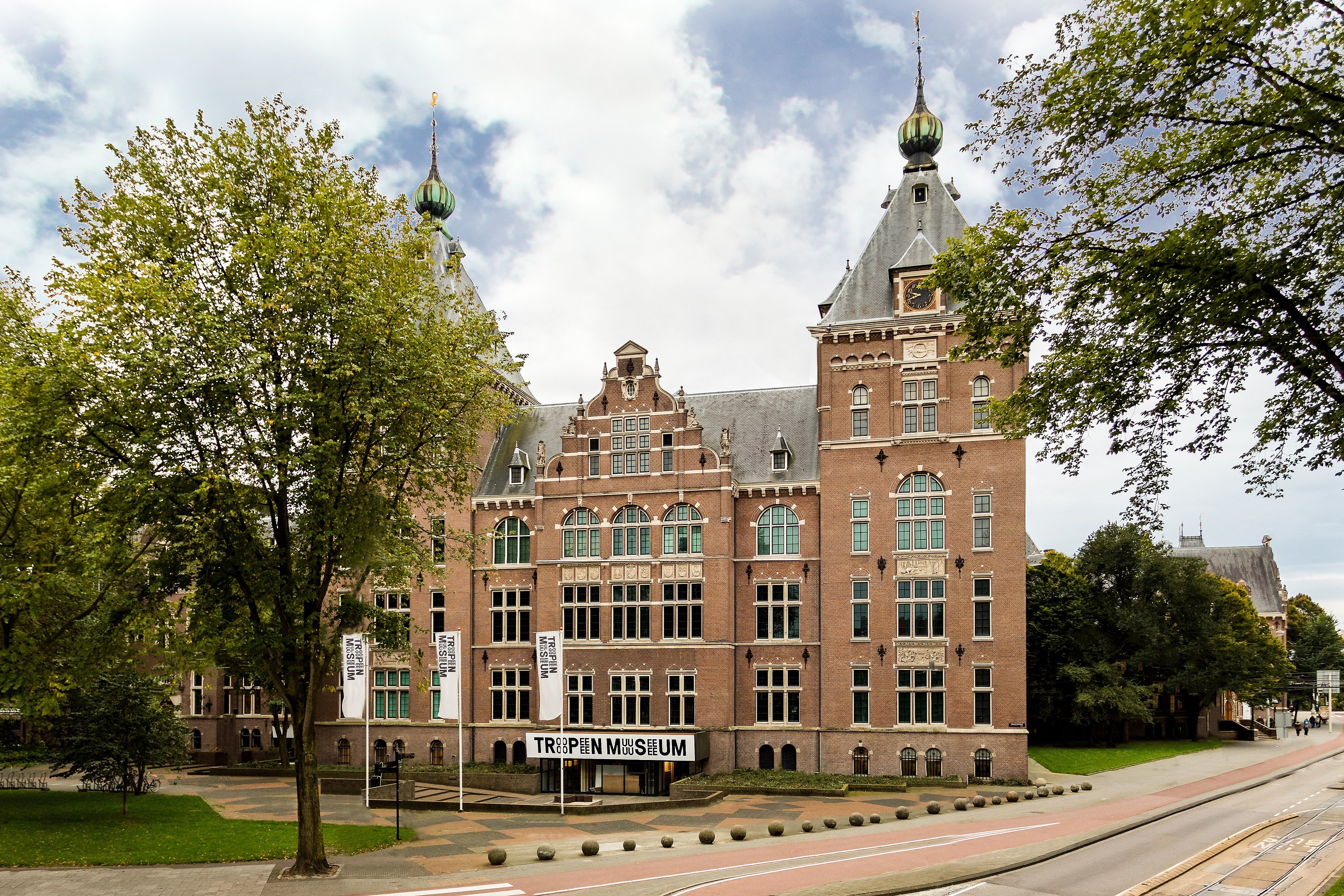
A new report recommends that the Netherlands should unconditionally return looted cultural objects to the countries from which they were stolen.
The report, which was published on Wednesday following a year of research by museum experts, says that the Dutch nation should recognize “that an injustice was done to the local populations of former colonial territories when cultural objects were taken against their will.”
There are hundreds of thousands of items that could be up for reevaluation, according to the report’s estimates, including a 70-carat diamond that once belonged to the Sultan of Banjarmasin in Indonesia, which is currently on display at the Rijksmuseum.
“The Dutch colonial collections consist of a diverse palette of cultural goods, including art objects, religious objects, historical objects, jewelry, natural history objects, and utensils,” the report states, naming in its summary three prominent museums, including the National Museum van Wereldculturen, the Museum Bronbeek, and the Rijksmuseum, which all have prominent holdings of cultural objects from the colonial era.
The Netherlands had colonies around the world from the 17th century the mid-20th century, and many objects from these places can be found throughout its regional museums. Source countries include the former Dutch colony of what is now Indonesia, several Caribbean islands, and Suriname, which gained its independence in 1975. The report recommends that the Netherlands also hear claims from other countries that may have been colonized by other European powers.
Already, the directors of the Rijksmuseum and Tropenmuseum, a prominent ethnographic museum in Amsterdam, said they support the statements in the report. Taco Dibbits, the director of the Rijksmuseum, told the Guardian, that he supports “a constructive dialogue with countries of origin” and that his museum would “intensify international cooperation.”
Stijn Schoonderwoerd, director of the Tropenmuseum, says he hopes the report’s recommendations will be “converted into policy in the short term.” The government is expected to respond to the recommendations in early 2021.
Many of the new suggestions for the Netherlands echo those from a 2018 report commissioned by the French government after president Emmanuel Macron made a widely-cited speech promising the return African heritage within two years. This week, the French government voted to return further objects to Benin and Senegal, two former French colonies, including items looted during the 1892 pillaging of the palace of Abomey in Benin. Germany also issued restitution recommendations in 2018.
The new report was commissioned by the culture ministry and completed by a Dutch panel of experts, led by lawyer and human rights activist Lilian Gonçalves-Ho Kang You. It enumerates steps to enact restitution, beginning with the former colonizer first needing to convey a “readiness” to return objects. It emphasized that this readiness must be about an unconditional return—rather than a long-term loan or joint ownership.
When a claim emerges, the report advises that the decision be made by an independent advisory committee that reports to the culture ministry, and not by museums or owners themselves. The decision to restitute ultimately lies with the Dutch government, based on the findings of that committee.
The commission also recommends setting up a central point of contact for source countries as well as a database to make it easier for others to know what is held in Dutch collections. It is important, the report adds, to be “watchful that the actions of the past are not repeated, namely a neo-colonial mindset informed primarily by the views, feelings, standards, and values of the former colonial power.”